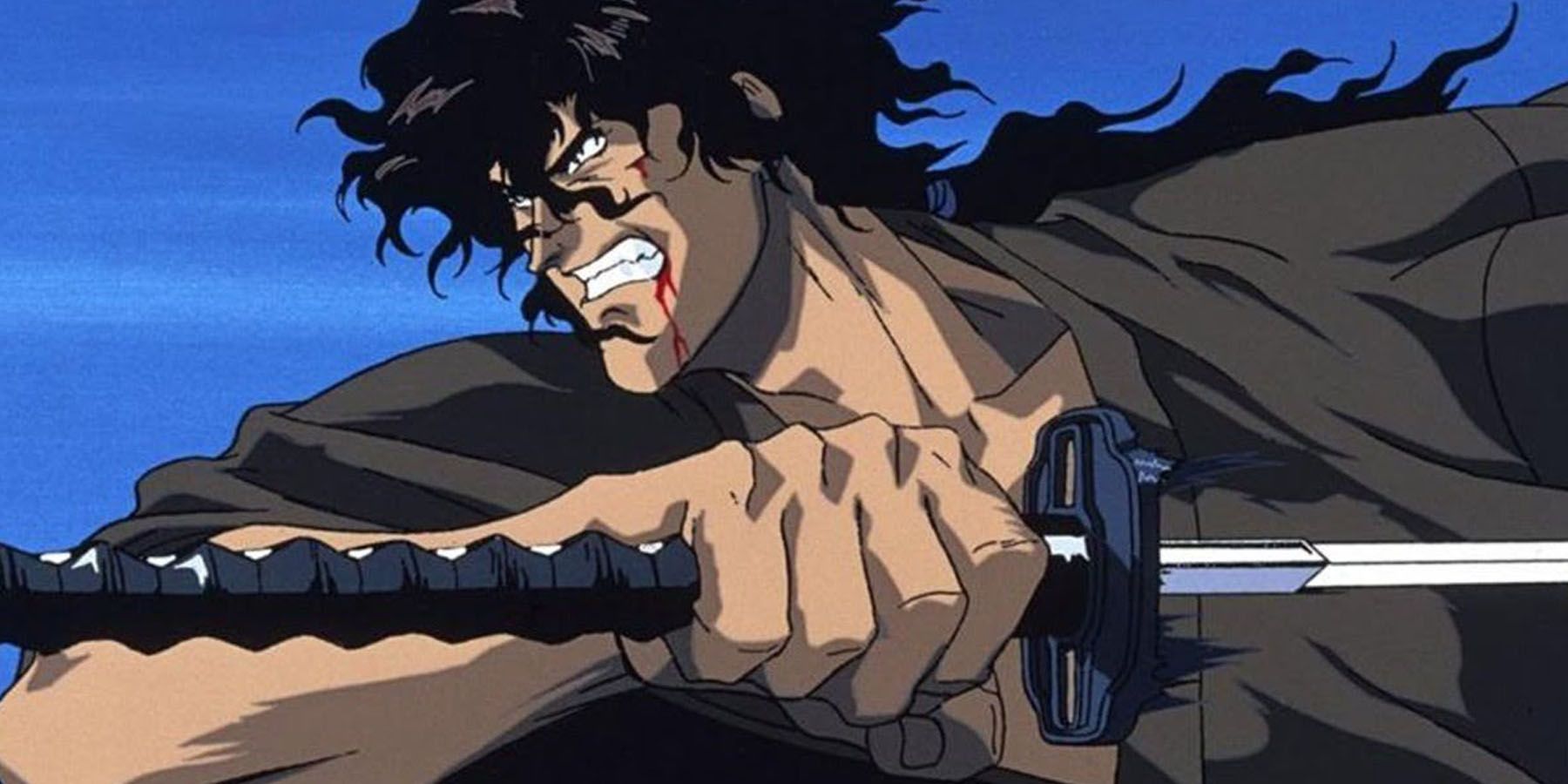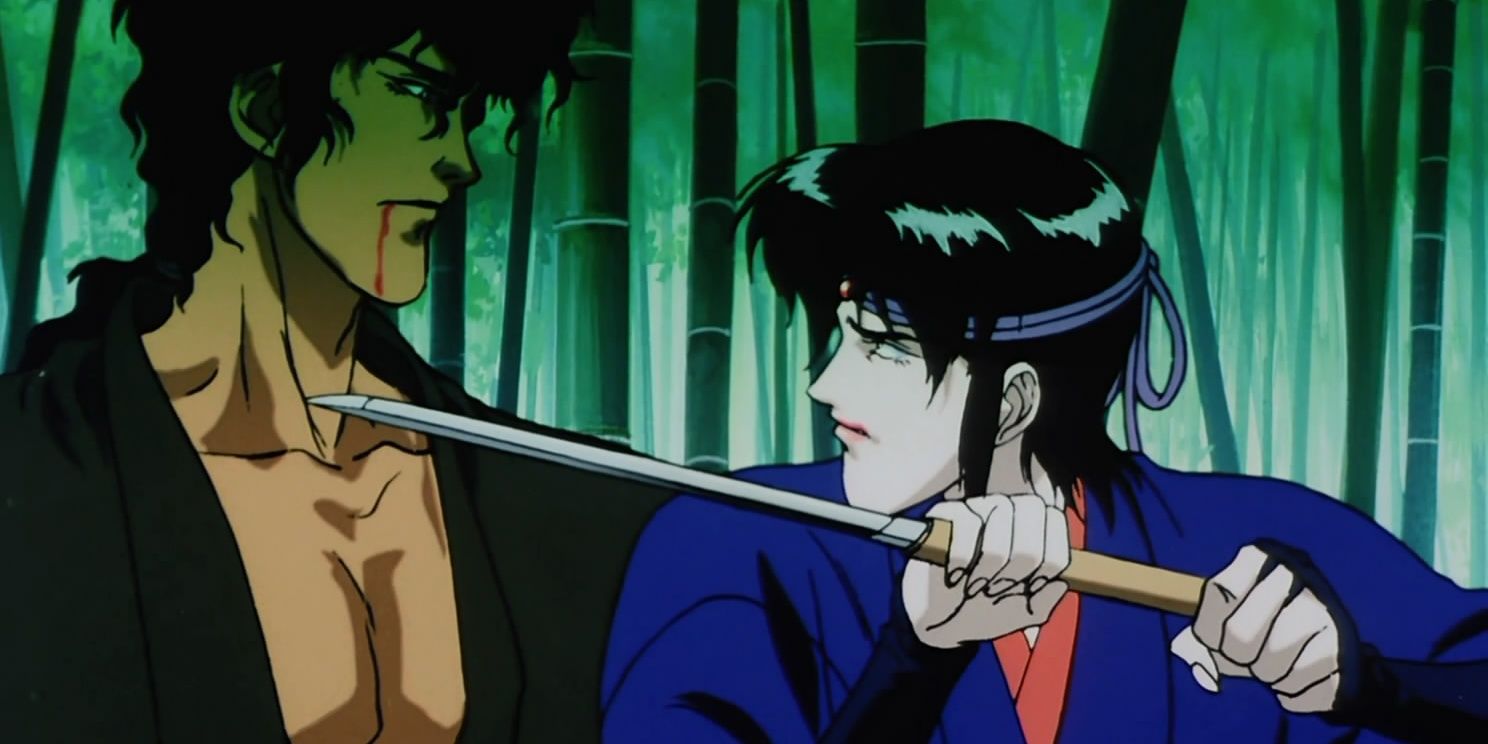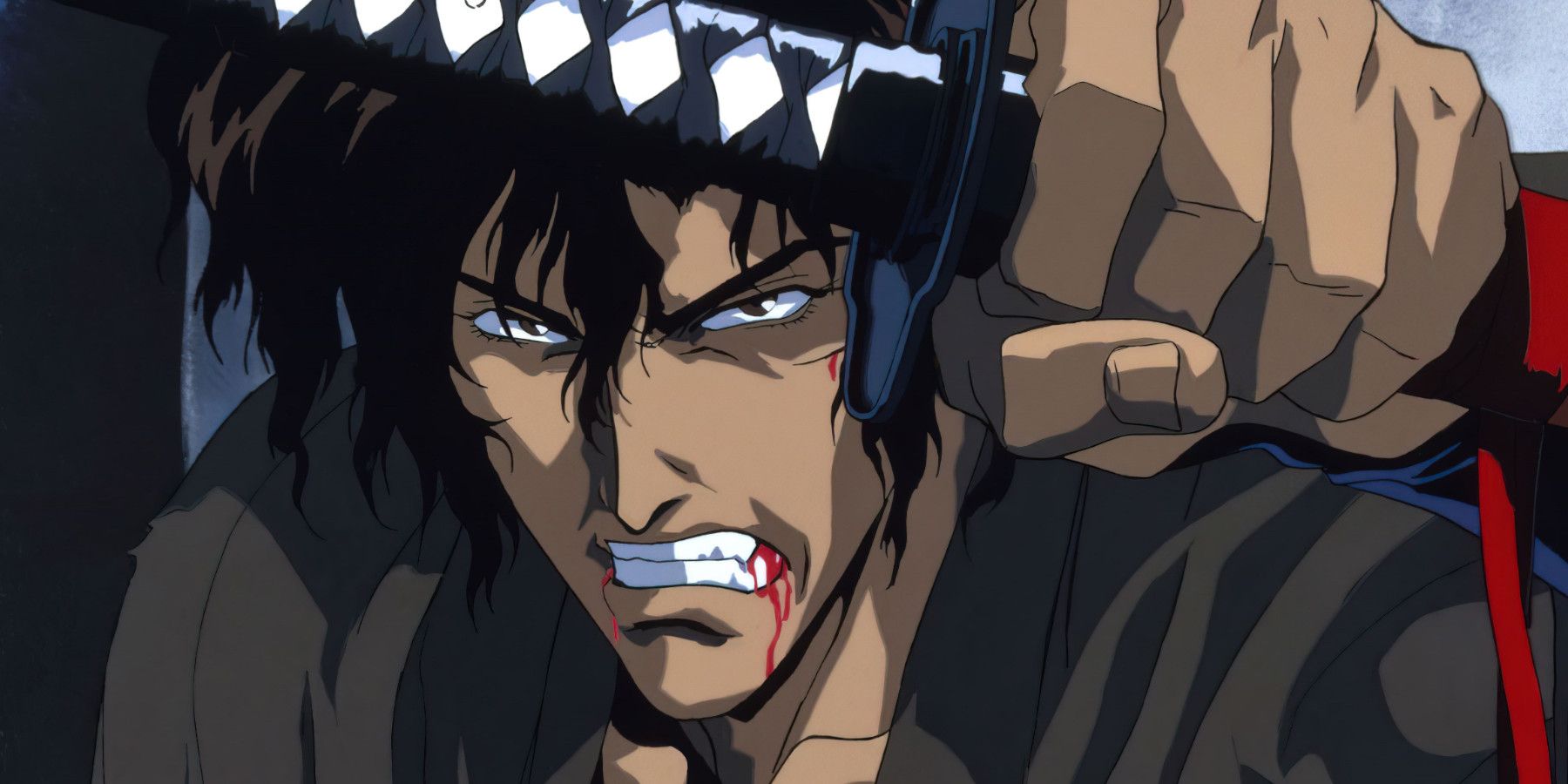
The Highly Anticipated Ninja Scroll 2: What We Know So Far!

Will fans finally witness the long-awaited sequel to the iconic 1993 anime film, Ninja Scroll? Delve into the reasons behind its delay and explore the possibility of its eventual creation Unveil the mysteries surrounding this cult classic and its potential future
Highlights
Yoshiaki Kawajiri, one of the co-founders of Madhouse, has been engaged in discussions surrounding a sequel to his legendary film Ninja Scroll for more than ten years.Originally released in 1993, Ninja Scroll achieved global acclaim due to its impressive action sequences and innovative storytelling, despite the presence of outdated sexual content.
The absence of a follow-up can be attributed to various factors, such as the challenges in finding a suitable script and the lack of interest from Japanese investors. Nonetheless, there is potential for a sequel considering the current global popularity of anime. Yoshiaki Kawajiri, a co-founder of Madhouse studio, played a pivotal role in shaping the studio's identity during the 80s and 90s. His works have been regarded as influential in defining anime as a medium in the Western world. For many years now, Kawajiri and his colleagues have been discussing the possibility of a sequel to one of his films, namely Ninja Scroll. However, despite no official cancellation, the project has remained in a state of uncertainty for over a decade.
Understanding Ninja Scroll
Ninja Scroll revolutionized the anime industry when it was released in 1993, captivating audiences worldwide and securing its place as one of the most iconic anime films of all time. Despite its problematic depiction of women and explicit sexual content, the film's breathtaking action sequences and innovative storytelling have cemented its status as a timeless masterpiece.Also known as Jubei Ninpuchou, this film follows the story of Jubei, a former member of the Yamashiro clan who now lives a nomadic lifestyle, avoiding any involvement in other people's conflicts. However, when he rescues a female ninja from an opponent made of stone, Jubei is unwillingly drawn into a fierce battle against the Eight Devils of Kimon, a rival ninja faction with extraordinary abilities.
To worsen the situation, after witnessing Jubei's strength, a government spy poisons him. The spy agrees to provide him with the antidote only if he successfully eliminates the remaining Devils. With the help of Kagero, the ninja he previously saved, they team up to hunt down the Devils and uncover the cause of a devastating plague. Along their journey, Jubei discovers a link between his enemies and himself, motivating him to fight for something greater than his own well-being.
Although the storyline of Ninja Scroll may initially seem generic, its execution effectively engages the audience in a dark and immersive portrayal of feudal Japan. The combination of a gritty atmosphere and horror elements compensate for any lack of originality in the individual components of the narrative. The extreme violence depicted is merely the starting point, with the imaginative manner in which it is presented being the key element.
The story unfolds like a video game, with a series of exhilarating boss battles scattered along a path from one point to another. This creates a gripping sense of ongoing momentum and ensures that the action remains both dynamic and stimulating due to the bosses' individual powers. In contrast, Jubei appears to be an ordinary person, albeit one with remarkable swordsmanship abilities, which allows his triumphs over the Devils to be even more gratifying.
Why Is There No Sequel
Ninja Scroll did receive a sequel in the form of a 13-episode TV series in 2003, animated by Madhouse and directed by Tatsuo Sato. However, a true film sequel was never produced, despite Kawajiri's desire to create one. As of 2008, the project was still being developed, but Madhouse co-founder Masao Maruyama stated that it would only be made once a script to both his and Kawajiri's liking was completed.
Kawajiri himself wrote the first film, much like his other beloved work Vampire Hunter D: Bloodlust. Despite its dated elements, the film effectively tells a captivating story that focuses on the characters. It wouldn't be surprising if early drafts of a sequel lacked a compelling driving force, making it difficult to differentiate from a retread.
Even if a suitable script were to be finalized, there was another issue that arose in 2012. While Ninja Scroll found great success in the U.S., it didn't achieve the same level of popularity in Japan, similar to Deadman Wonderland or The Big O. As a result, investors were hesitant to approve funding for a sequel.
Unlike The Big O, Ninja Scroll did not receive any support from Cartoon Network or other external companies for its rescue. To secure the necessary investment, Kawajiri played a key role in creating a proof-of-concept trailer that showcased Jubei battling a whole new range of supernatural adversaries. Although the trailer released by Madhouse was originally intended to pitch a three-episode series, fans have affectionately started referring to it as the "Ninja Scroll 2" trailer over the years, as it closely resembles a potential film sequel.
Over time, Kawajiri's directorial activities have decreased significantly, and he now predominantly contributes as a storyboard artist for newer anime projects. Despite the praise garnered by his limited directorial works, he is essentially not primarily known as a director. Ninja Scroll is hailed as a timeless classic, while the realization of Ninja Scroll 2 remains an unattainable and seemingly improbable aspiration.
But What If?
The explanation regarding investors not being interested in the property is understandable and, based on the standards of 2012, it would have been a major setback. However, Anime has experienced a remarkable surge in international growth over the past decade, surpassing the growth seen in the 90s. This indicates that there is greater potential than ever for anime to cater to global audiences.
It is important to highlight the term "potential" here. Despite the enthusiasm from streaming platforms and production committees about the expansion of anime as a medium, it can sometimes feel like not everything has changed for the better. Certain projects that attempted to break away from conventional norms ended up being unsuccessful, and the streaming landscape often leads to more disappointments than major successes.
However, every now and then, dreams do come true. Masao Maruyama, co-founder of Madhouse and advocate for a Ninja Scroll sequel, has also been working towards a loyal adaptation of Naoki Urasawa's Pluto. After nearly a decade of persistence, Pluto will finally be available on Netflix this October. It does not appear to be an impossible feat. That being said, there is the issue of the story itself, not just the struggles of Kawajiri and Maruyama in finding a suitable script. The question arises of whether a story like Ninja Scroll could be successful in today's world, and this is not solely related to the sexual content and sexism. Those elements were never what made the film truly memorable. It was the action, creativity, pacing, and most importantly, the journey. And without a doubt, these aspects could still hold up even today.
The game-like appeal of Ninja Scroll, with its simple formula and smaller, complex ideas, has always made it a prime candidate for a sequel that would undoubtedly attract a modern audience. In fact, there have been video games released in the past decade that successfully capture the gritty feudal aesthetic showcased in the film, most notably Sekiro: Shadows Die Twice, released in 2019.
There are numerous aspects to consider, particularly the possibility of Kawajiri returning as the director. His most recent directing credit was the Ninja Scroll Burst teaser, which left fans wanting more. While some fans may be hesitant to accept any director other than Kawajiri, there are certainly other talented directors today who would be equally qualified for the role.
There is a prevalent online discussion that expresses a longing for older animation styles. Certain viewpoints suggest that either the medium is unwilling or unable to recreate them. However, amidst the rise in adaptations of beloved classics such as Dororo, Urusei Yatsura, Pluto, and others, the potential success of a new Kawajiri project, or one inspired by his distinctive style, is significant.
















